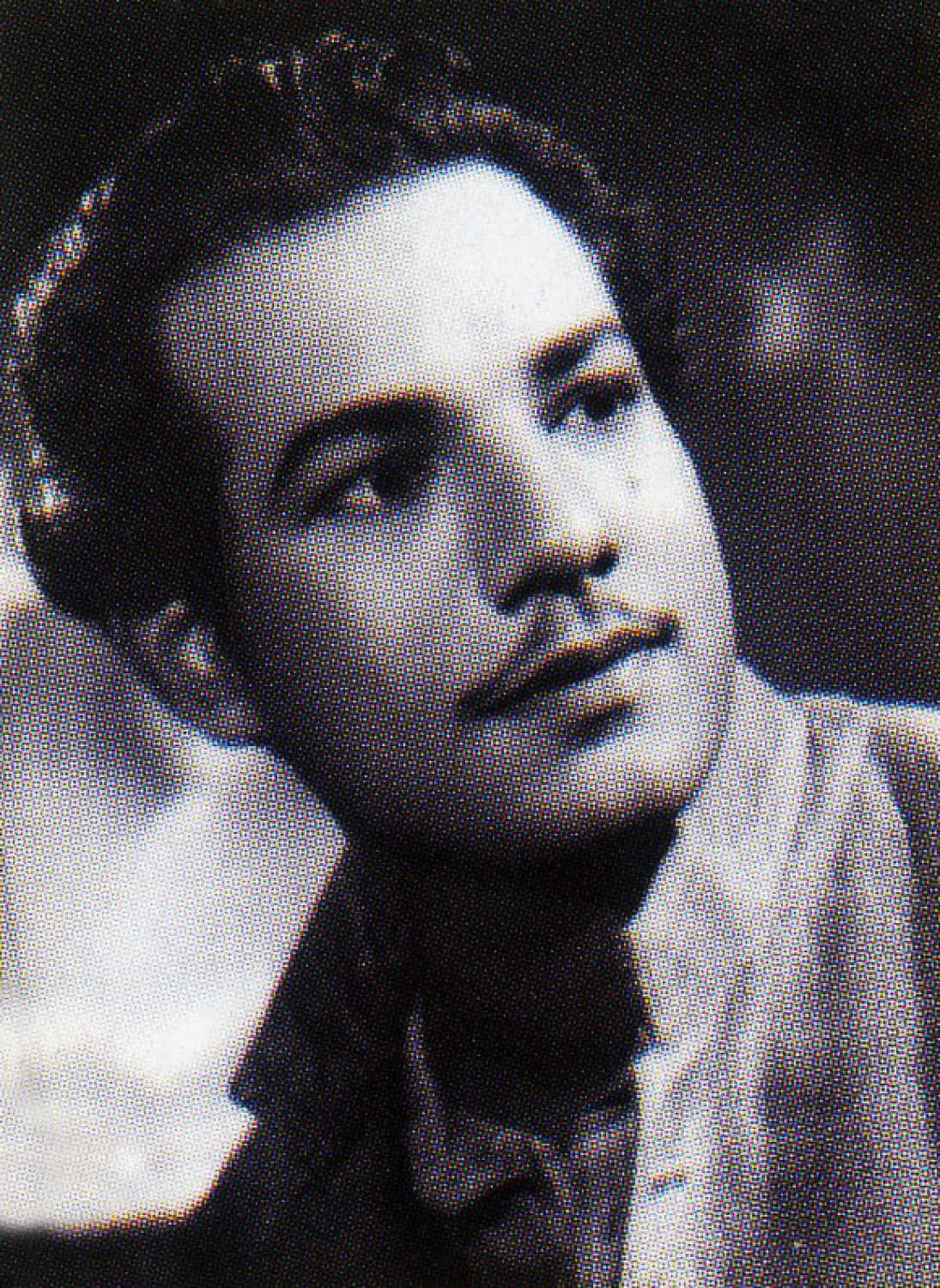The multifaceted artist, who died on 28 March 1988, wore many hats during his five-decade-long career as music composer, actor, writer and director.


Sonal Pandya
Born in 1912 in Varanasi, Shri Nath (SN) Tripathi studied at the Marris College of Music, Lucknow. He started out in the music department of the famed Bombay Talkies studio in 1935 as a violinist. There, he assisted one of the earliest female music composers Saraswati Devi (née Khorshed Minocher-Homji). He was paid a comfortable salary of Rs100 for his apprenticeship with the legendary composer. They worked together on around 10 films and Tripathi even sang a song, 'Ae Ri Daiya Lachak Lachak Chalat’ from Jeevan Naiya (1936).
By 1939, he branched out and became a composer with Dhirubhai Desai’s Chandan but the film eventually released two years later in 1941. Till the end of his career, he composed music for over a hundred films most of them for the mythological genre in which he sometimes also acted, wrote and directed.

With Homi Wadia’s Shri Rambhakta Hanuman (1948), he played Hanuman opposite Trilok Kapoor’s Ram, a role he often took on in other mythological films. Over time, he directed films like Rani Rupmati (1959) and Shiv Parvati (1962).
Before Independence in 1947, the words ‘Jai Hind’ were used for the first time in the film Mansarovar (1946) with the song ‘Ye Hind Ki Kahaniyan’ composed by Tripathi. Young singer Geeta Roy got an opportunity to sing with Mohammed Rafi for the first time. She later married actor-filmmaker Guru Dutt and became known as Geeta Dutt. With lyrics by Deepak, the chorus in ‘Ye Hind Ki Kahaniyan’ sang ‘Jai Hind, Jai Hind’.
In 1957, his score on Janam Janam Ke Fere, in particular the song ‘Zara Samne Toh Aao Chhaliye’ became the number one song on the Binaca Geetmala, topping even OP Nayyar’s ‘Ae Dil Hai Mushkil Jeena Yahaan’ from CID (1956) and ‘Maang Ke Saath Tumhara’ from Naya Daur (1957). The simple Lata Mangeshkar-Mohammed Rafi composition written by Bharat Vyas stood strong amongst the leading composers like Shankar-Jaikishan, Nayyar and Naushad.
Ironically, it was the presence of those same music composers during the same period as him that caused him be overlooked. Besides composing hit music for films like Hatimtai (1956), Lal Qilla (1960), and Amrit Mathan (1961), he was also writing screenplays and dialogues and going behind the camera as director on musicals like Sangeet Samrat Tansen (1961) starring Bharat Bhushan.
During his career, his assistants Chitragupt and Datta Davjekar went on to become music composers as well. Tripathi often worked with lyricists Bharat Vyas and Shailendra on many film albums. Surprisingly, singers Hemant Kumar and Kishore Kumar never got a chance to sing under the skilled artist.
After the 1960s, Tripathi began composing for Bhojpuri films. Geeta Dutt sang a number of songs for him in those films. Though the demand for mythological films declined, Tripathi’s output did not. He continued composing till the 1980s; Mahasati Tulsi (1985) was his last film. He passed away at 76 on 28 March 1998 due to a diabetes-related illness.




